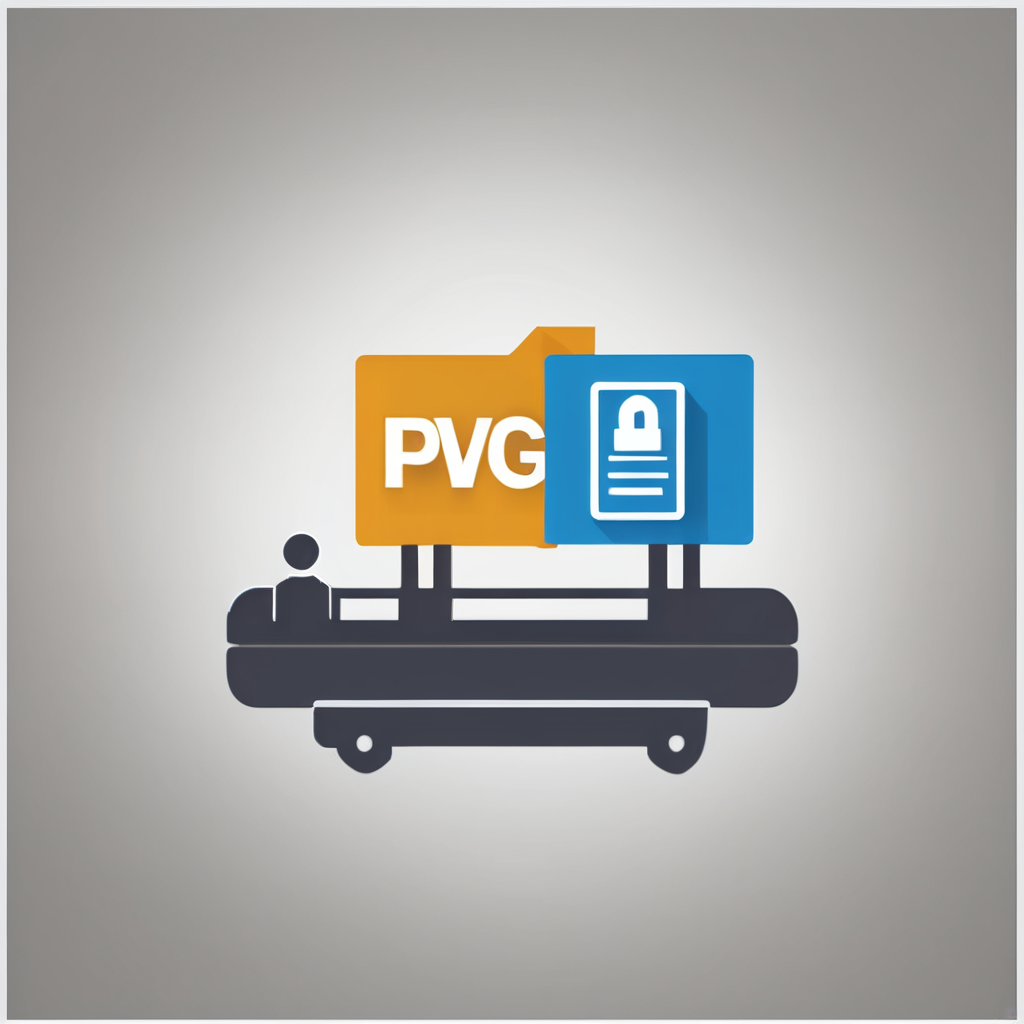Essential Compliance Steps for UK Business Setup
Understanding the foundation for a smooth launch
Establishing a business in the UK demands strict adherence to UK business compliance and legal requirements. The first critical step is business registration. Depending on your chosen structure—whether as a sole trader, partnership, or limited company—you must register your business appropriately. For sole traders and partnerships, this typically means registering with HMRC for self-assessment tax purposes. Limited companies require inclusion on the Companies House register, which provides your business with a unique registration number.
In parallel : How Can Entrepreneurs Strategically Navigate the UK Business Formation Process?
Next, securing a business address is mandatory. This address will appear on public records for limited companies and serves as the official contact point for all correspondence. Alongside this, obtaining incorporation documents such as the certificate of incorporation confirms your company’s legal existence.
It’s vital to comply early with Companies House and HMRC requirements. This includes submitting your initial confirmation statement and registering for necessary taxes like VAT if your revenue exceeds thresholds. Following a clear startup checklist ensures your business meets all regulatory obligations from the outset, avoiding penalties or delays. This process lays the groundwork for sustainable growth in the competitive UK market.
Topic to read : How Can Entrepreneurs Navigate the Different Types of Business Structures in the UK?
Taxation and Financial Obligations
Navigating UK tax compliance is crucial for any business. First, registering with HMRC for Corporation Tax, VAT, and PAYE is mandatory when your business reaches relevant thresholds. For example, VAT registration is required once your turnover exceeds £85,000 within 12 months. Missing this can lead to penalties, so timely registration safeguards your operations.
Opening a dedicated business bank account ensures clear separation of personal and business finances. This simplifies bookkeeping and supports accurate business accounting, making tax filing more straightforward.
Maintaining detailed financial records is essential. HMRC mandates keeping these records for at least six years, including invoices, receipts, and bank statements. Proper record-keeping not only aids compliance but also helps when preparing annual tax returns and meeting reporting deadlines.
Annual tax return submission deadlines must be carefully observed. For instance, Corporation Tax returns are due 12 months after the end of the accounting period, while the payment deadline follows nine months and one day after the period ends.
Adhering to these steps guarantees smoother tax processes and strengthens your business’s financial health and compliance standing.
Employment and Workplace Regulations
Navigating UK employment law is essential for businesses aiming to maintain lawful and efficient operations. At the core of this is drafting compliant employee contracts and staff handbooks that clearly outline terms of employment, duties, and workplace policies. Such documents protect both employer and employee by setting transparent expectations.
Meeting workplace requirements includes ensuring adherence to the national minimum wage and monitoring working hours to comply with legal limits. Employers must also uphold rigorous health and safety standards to provide a secure environment, complying with regulations that protect workers from hazards.
Another vital aspect involves managing right-to-work checks. Employers are legally obligated to verify an individual’s eligibility to work in the UK and maintain records to prevent employment of unauthorized workers. These responsibilities are ongoing and require vigilance to avoid penalties.
Understanding and applying these rules effectively help create a fair and supportive workplace. Employers benefit from consulting resources such as the official government employment law guidance to stay updated on changes and compliance expectations.
Data Protection and Privacy
Ensuring GDPR compliance UK is essential for maintaining robust business data protection strategies and safeguarding sensitive information. One fundamental step is registering with the Information Commissioner’s Office (ICO), which acts as the regulatory authority overseeing data protection in the UK. This registration not only signals compliance but also helps organizations stay accountable under current data privacy laws.
Once registered, companies must implement clear GDPR policies tailored to their operations. This includes defining data processing activities, handling consent appropriately, and establishing protocols for data breaches. Employee training plays a critical role in reinforcing these policies—staff must understand the legal obligations and practical steps to protect both customer and employee data effectively.
Moreover, securing data involves technical and organizational measures consistent with UK data privacy standards. Encryption, access controls, and routine audits prevent unauthorized access and ensure sensitive information remains confidential. By prioritizing these aspects of business data protection, organizations build trust with stakeholders and reduce risks linked to data privacy violations.
Licences, Permits, and Industry-Specific Regulations
Understanding whether your business requires business licences UK is crucial to operating legally. Certain sectors, such as food services, alcohol sales, and health care, mandate specific permits before you can begin trading. For example, if you plan to sell alcohol, you must obtain a premises licence issued by your local council. Similarly, businesses handling food must comply with hygiene regulations and register with the local authority.
Being aware of sector-specific compliance means regularly reviewing updates from relevant regulatory bodies. For instance, health service providers must adhere to stringent rules set by authorities like the Care Quality Commission (CQC). These bodies issue guidance that often impacts operational procedures, safety standards, and reporting requirements.
Applying for necessary industry certifications or memberships can also boost credibility. Many sectors offer certification programs that demonstrate your commitment to compliance and best practices. These credentials are sometimes prerequisites for contracts or partnerships.
In summary, proactively managing business licences, permits, and staying informed about sector-specific compliance ensures your business meets all regulatory standards, minimizes risks, and fosters trust with customers and partners.
Resources, Common Pitfalls, and Compliance Solutions
Guidance for UK businesses on navigating regulations
UK business resources offer vital support for startups aiming to tackle compliance challenges efficiently. Entrepreneurs can leverage government portals designed to provide up-to-date regulatory information and procedural guidance. These platforms often feature helpful checklists that streamline the compliance process.
Local enterprise partnerships also play a pivotal role in offering tailored advice specific to regional business environments. Engaging with these partnerships helps businesses understand nuanced local regulations and avoid common compliance mistakes such as overlooking tax deadlines or misclassifying employees.
Professional advisers, including accountants and legal consultants, provide essential expertise. Their involvement reduces risks associated with inaccurate filings or non-adherence to licensing requirements. For startups, accessing ongoing support through specialist tools and compliance management software ensures continuous alignment with evolving laws.
Being aware of pitfalls—like neglecting data protection rules or failing to maintain proper records—prevents costly penalties. Combining the use of diverse UK business resources and expert counsel equips businesses to maintain compliance confidently while focusing on growth.








